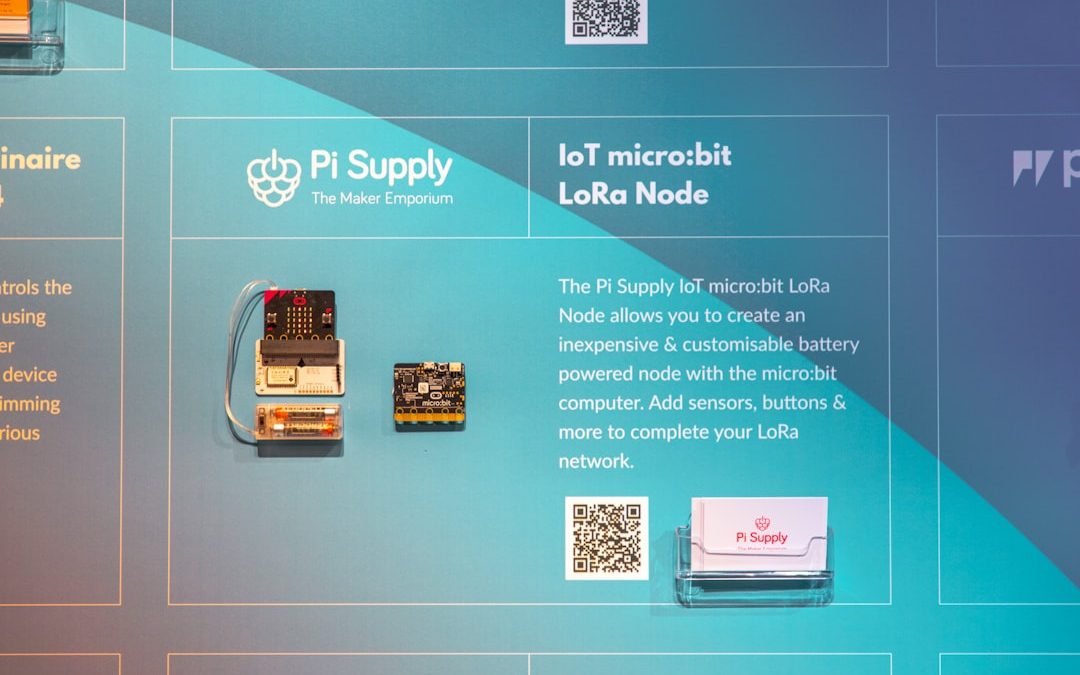In today’s tech-driven learning environment, Learning Management Systems (LMS) have become indispensable tools for businesses and educators seeking to streamline the instruction process, onboard employees, and provide continued education remotely. With dozens of LMS platforms on the market, choosing the right one can be a daunting task. This guide offers a comprehensive comparison of the top LMS platforms available, evaluating their features, pricing, usability, and ideal use cases.
1. Moodle
Moodle is one of the most well-known open-source LMS platforms used globally by educators and businesses alike. Known for its customization abilities and active global community, Moodle is best for educational institutions and tech-savvy users who want complete control.
- Best for: Academic institutions and training providers
- Key Features: Flexible modular system, extensive plugin directory, SCORM compliance, multilingual support
- Pricing: Free open-source; optional paid hosting via MoodleCloud or other partners
- User Interface: Functional but can be overwhelming for new users

2. TalentLMS
TalentLMS is a modern, cloud-based platform ideal for companies wanting quick deployment and ease of use. Its intuitive interface and wide array of integrations make it highly popular in the corporate training sector.
- Best for: Small to medium-sized businesses, especially for employee training
- Key Features: Mobile-friendly, gamification options, custom branding, integrations with Zoom, Zapier, and more
- Pricing: Free for up to 5 users; plans start from $69/month
- User Interface: Very user-friendly and clean
3. Docebo
Docebo is a powerful LMS tailored for enterprise-level training needs. With AI-driven features and extensive analytics, it stands out in aiding continuous learning and employee development at scale.
- Best for: Medium to large enterprises
- Key Features: Artificial Intelligence engine, eCommerce integrations, social learning tools, multilingual support
- Pricing: Custom quotes depending on usage and modules
- User Interface: Sleek and professional; however, some features require training to master
4. Canvas LMS
Canvas LMS by Instructure is designed primarily for the educational sector, including K-12 and higher education. It’s cloud-native and emphasizes pedagogical tools for enhanced learning pathways.
- Best for: Schools, colleges, universities
- Key Features: Robust assessment tools, collaboration apps, API for customization, mobile app support
- Pricing: Free for individuals; institution pricing on request
- User Interface: Intuitive with teacher-friendly navigation

5. Absorb LMS
Known for its sleek design and user-centered experience, Absorb LMS is a commercial platform that combines clean aesthetics with powerful corporate learning tools.
- Best for: Corporations needing scalable learning across departments
- Key Features: Responsive design, powerful analytics, Salesforce integration, mobile learning
- Pricing: Custom quote required
- User Interface: Professional and polished; praised for its UI/UX
6. SAP Litmos
SAP Litmos blends traditional learning management features with eLearning content libraries and automation tools. It’s popular among global enterprises for its scalability and integration with SAP infrastructure.
- Best for: Large businesses with SAP environments
- Key Features: Automation rules, compliance tracking, SCORM/AICC support, built-in course libraries
- Pricing: Subscription-based; quotes provided on request
- User Interface: Business-focused and relatively easy to navigate
7. Thinkific
Thinkific is a course creation tool with LMS functionalities tailored towards individuals and small businesses who want to sell and market their courses online.
- Best for: Solopreneurs, coaches, online course sellers
- Key Features: Drag-and-drop course builder, marketing tools, quizzes, video hosting
- Pricing: Free tier available; paid plans from $49 per month
- User Interface: Optimized for content creators, minimal learning curve

Comparison Table of Key LMS Platforms
| LMS Platform | Best For | Free Plan | SCORM Support | Mobile Support |
|---|---|---|---|---|
| Moodle | Universities, Tech-savvy educators | Yes | Yes | Yes |
| TalentLMS | Small Businesses | Yes | Yes | Yes |
| Docebo | Enterprises | No | Yes | Yes |
| Canvas LMS | Schools | Yes (limited) | Yes | Yes |
| Absorb LMS | Corporates | No | Yes | Yes |
| SAP Litmos | Large Enterprises | No | Yes | Yes |
| Thinkific | Course Creators | Yes | No | Yes |
Conclusion
There is no one-size-fits-all solution when it comes to LMS platforms. Educators and businesses must assess their specific needs regarding scalability, ease of use, integrations, and support options. Whether you’re an enterprise seeking professional learning tools or a course creator launching your brand, there’s an LMS platform designed to suit your unique requirements.
Frequently Asked Questions (FAQ)
- Q: What is an LMS?
A: A Learning Management System (LMS) is software that helps in managing, delivering, and tracking educational and training content. - Q: Which LMS is best for small businesses?
A: TalentLMS is ideal for small and medium-sized businesses due to its intuitive interface and affordable pricing. - Q: Are there free LMS platforms?
A: Yes, platforms like Moodle and Canvas offer free versions suitable for educators and small teams. - Q: Can I create and sell courses using an LMS?
A: Yes, LMS platforms like Thinkific are designed for creators who want to build and monetize online courses. - Q: What should I look for in a corporate LMS?
A: Look for features like SCORM compliance, reporting tools, integrations (e.g., with CRM), scalability, and mobile accessibility.
yehiweb
Related posts
New Articles
How To Revert A Commit In Git: Step-By-Step Commands And Best Practices
So you made a commit. Then you realized… it was a mistake. Maybe it broke the build. Maybe it deleted…


